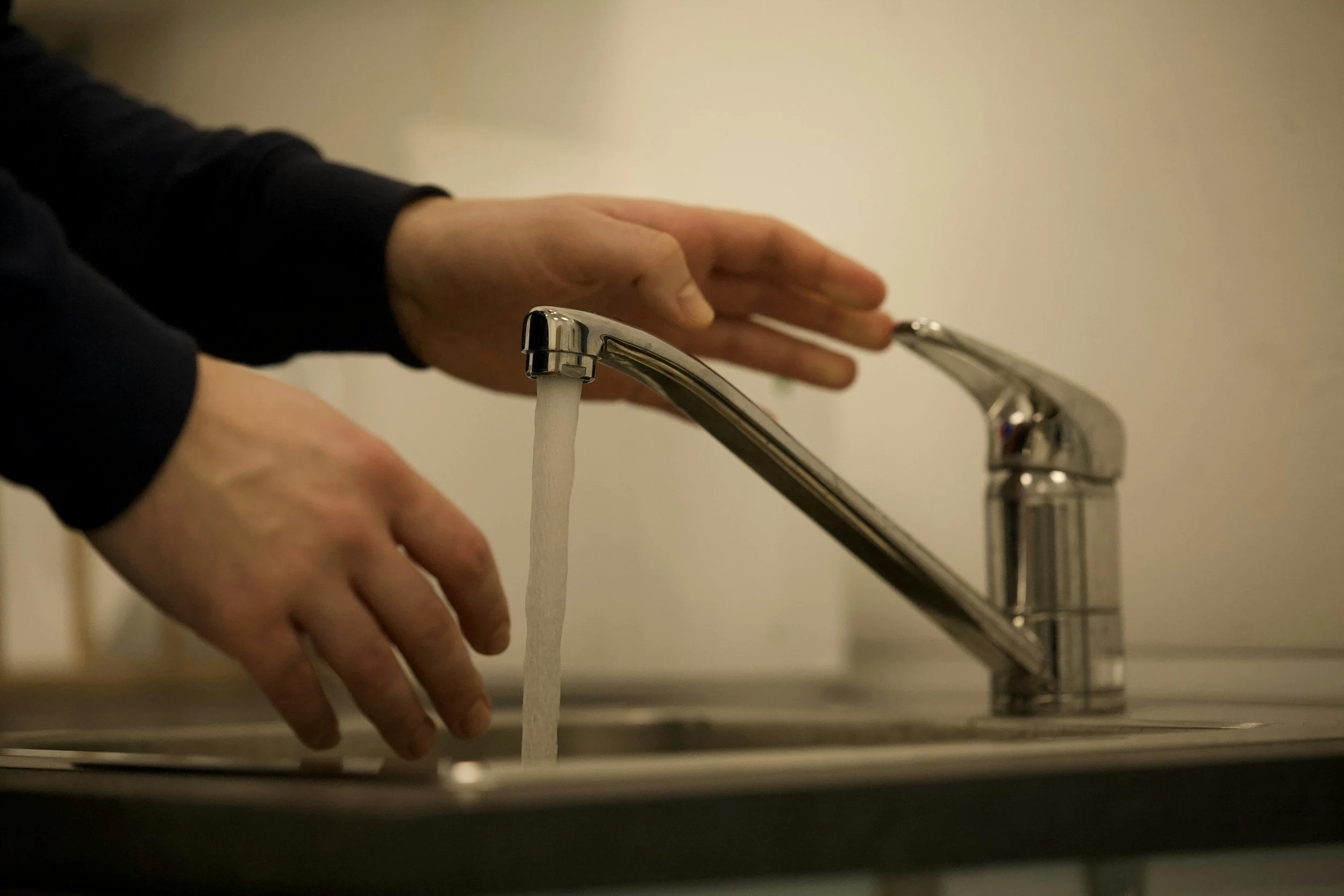4 Skills Every Medical Professional Should Master If Working In ER
By PAGE Editor
Medical professionals, specifically those working in emergency rooms, must be able to efficiently and accurately assess patients. They must also have excellent medical knowledge as well as the physical attributes necessary for such a job. Here are some skills you need. Learn more about some skills you need in this article.
To master the skills every medical professional should have when working in the ER, visit cmtaha's shop for their ACLS Provider Course, which includes a skills session, ensuring you're equipped to handle critical situations with confidence.
This is particularly true for traveling nurses, who often step into high-demand roles to fill staffing shortages. They must quickly adapt to new environments and team dynamics. Additionally, finding suitable travel nurse housing types is important to ensure they have a stable and restful place to recharge between shifts.
ACLS certification
Being able to quickly and accurately assess a patient’s condition is critical in the ER. Medical professionals must be able to do this efficiently and effectively without wasting time by asking unnecessary questions. One way to do this is through an ACLS certification, which allows you to practice with real patients (under supervision) and learn how to identify and work through life-threatening situations such as cardiac arrest, stroke, and allergic reactions.
For those who are already practicing medical providers or have recently graduated from nursing school or med school, ACLS certification can be taken online, making it easy for anyone to complete during evenings or weekends. Getting an online ACLS certification program can be done for as little as $300.00 which includes the course and test. Even those with an already established practice can benefit from taking this course, and refresher courses are available to update patient assessment and management skills and are typically covered by insurance.
Such a certification is good for 2 years and must be renewed with a recertification test that is typically available around every two to three years depending on your state or local hospital.
2. Physical endurance
A busy emergency room requires medical professionals who are capable of being on their feet for long periods of time, both when working with patients and in the face of stressful and hectic situations. With this in mind, there is a need for individuals who are in peak physical shape which includes good cardiovascular health, strong stamina, and overall ability to move around without getting tired too quickly. These types of skills can be obtained by taking part in regular exercises such as running or biking at least twice a week.
Another benefit that comes from regularly exercising is an improvement in your mood and mental state, which can help you deal with stress more effectively, while also reducing any unnecessary anxiety related to emergency room situations. So, if you want to do this job, you'll need to be healthy enough and physically capable of doing it. Many people don't realize how physically demanding a job in the ER is, so it's important to prepare yourself for some long shifts and some stressful situations. Working with Opportunity Healthcare Staffing can also help you find roles that match your physical and emotional capabilities in the healthcare industry.
3. Critical thinking
In the ER, you do not have time to sit around and wait for doctors or nurses to explain what is happening with your patient. Instead, you'll need to think on your feet and be able to figure out how best to proceed with treatment based on what you and your patient know and the symptoms they are experiencing. This goes beyond medical knowledge and requires a certain level of creativity in order to be able to work through any given situation.
A lot of this has to do with being observant, so having excellent observational skills can help you get started with critical thinking. Even if you are the one asking questions, it is essential that you understand more than just what's happening on the surface, so take time during any free moment to go over what you have already learned about your patient, which will give you insight into their condition even before they mention anything more specific.
4. Empathy
As difficult as this job can be, especially when dealing with cases of abuse or other traumatic incidents, you must be able to maintain a level of empathy for those patients who are suffering. This means that your inner feelings, such as anger or frustration, need to be kept under control and never show through when dealing with other people.
Instead, focus on the patient and their wellbeing, which means avoiding any emotional outbursts at all costs since this can affect how they perceive you and the situation even if it isn't directed at them. If you want to become an ER doctor or medical professional in general, then learning how to manage your emotions will help decrease the risk of making mistakes and improve communication skills between you and your patient. This can also help you avoid burnouts or stress-related illnesses which are common among other medical workers.
So, you'll need to become more emotionally mature in order to work in the ER effectively.
As a medical professional working in the emergency room, you'll need to have a set of skills that can help you excel at this job. The four most important that come with being able to work as an ER doctor are physical endurance, critical thinking, empathy, and recertification. So, if you want to work in this field, you'll need to follow these and try as hard as you can to build upon them. Good luck!
HOW DO YOU FEEL ABOUT FASHION?
COMMENT OR TAKE OUR PAGE READER SURVEY
Featured










When investing in quartz countertops, choosing the right warranty and care package is just as important as selecting the color and finish.